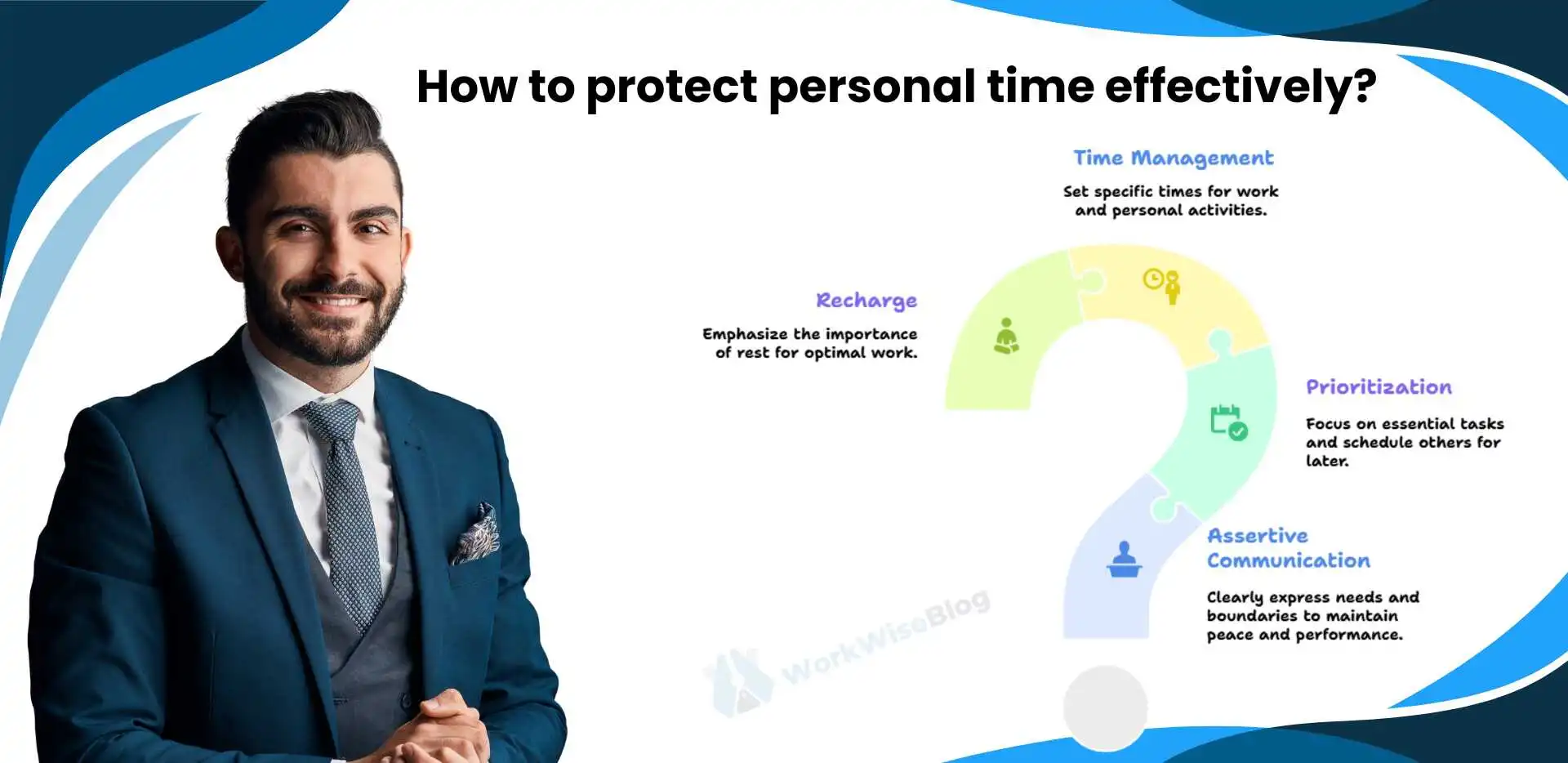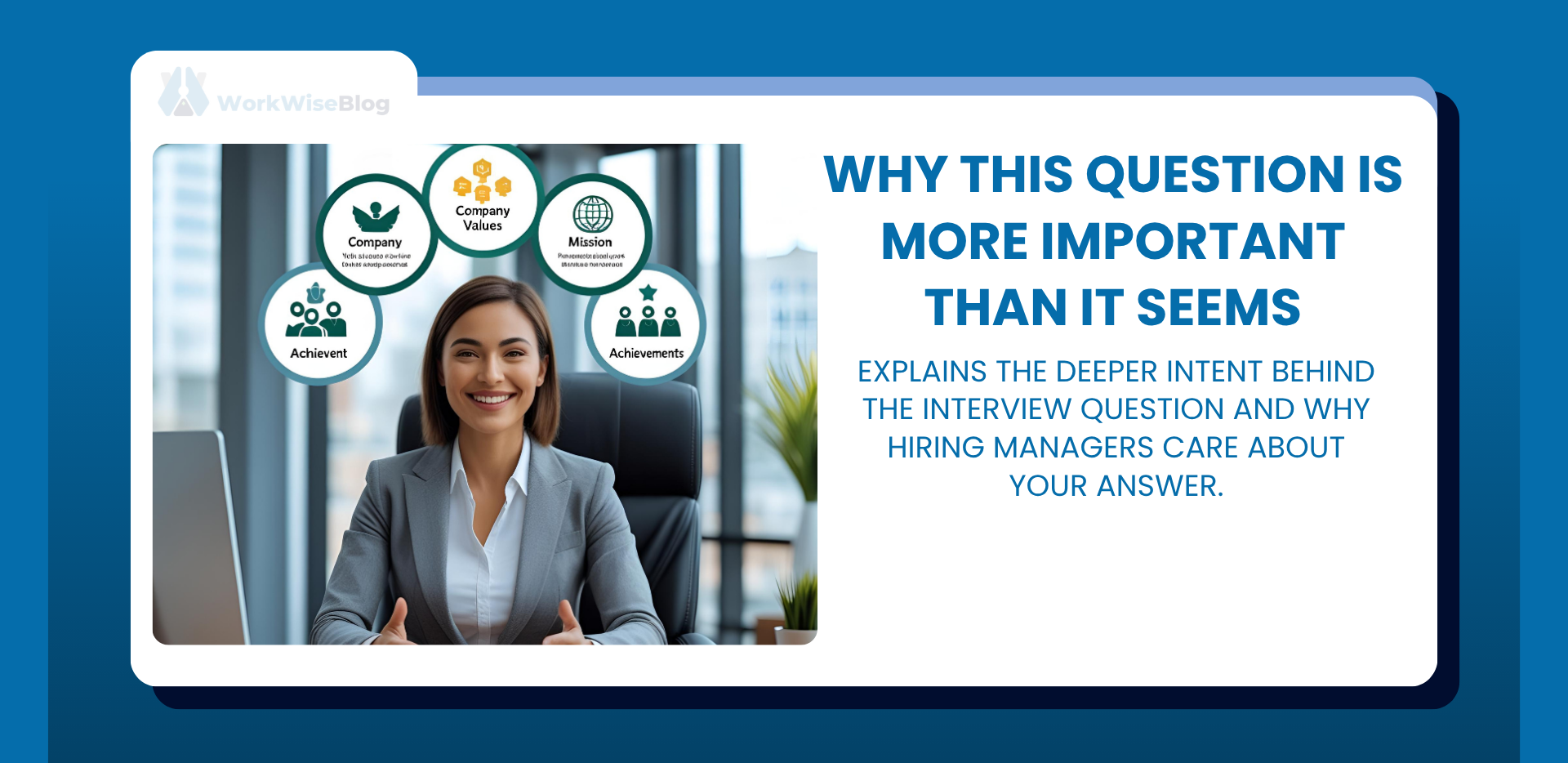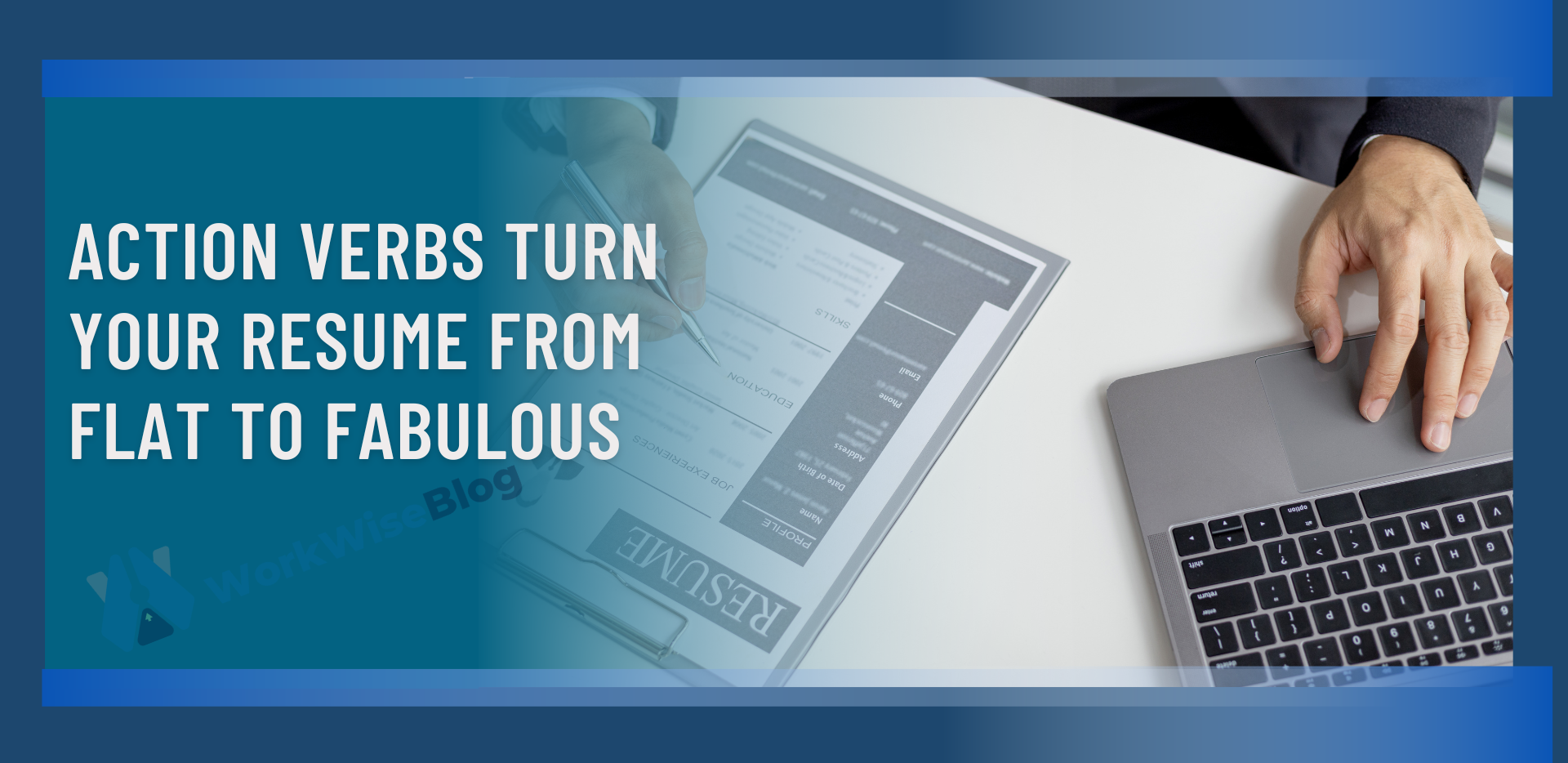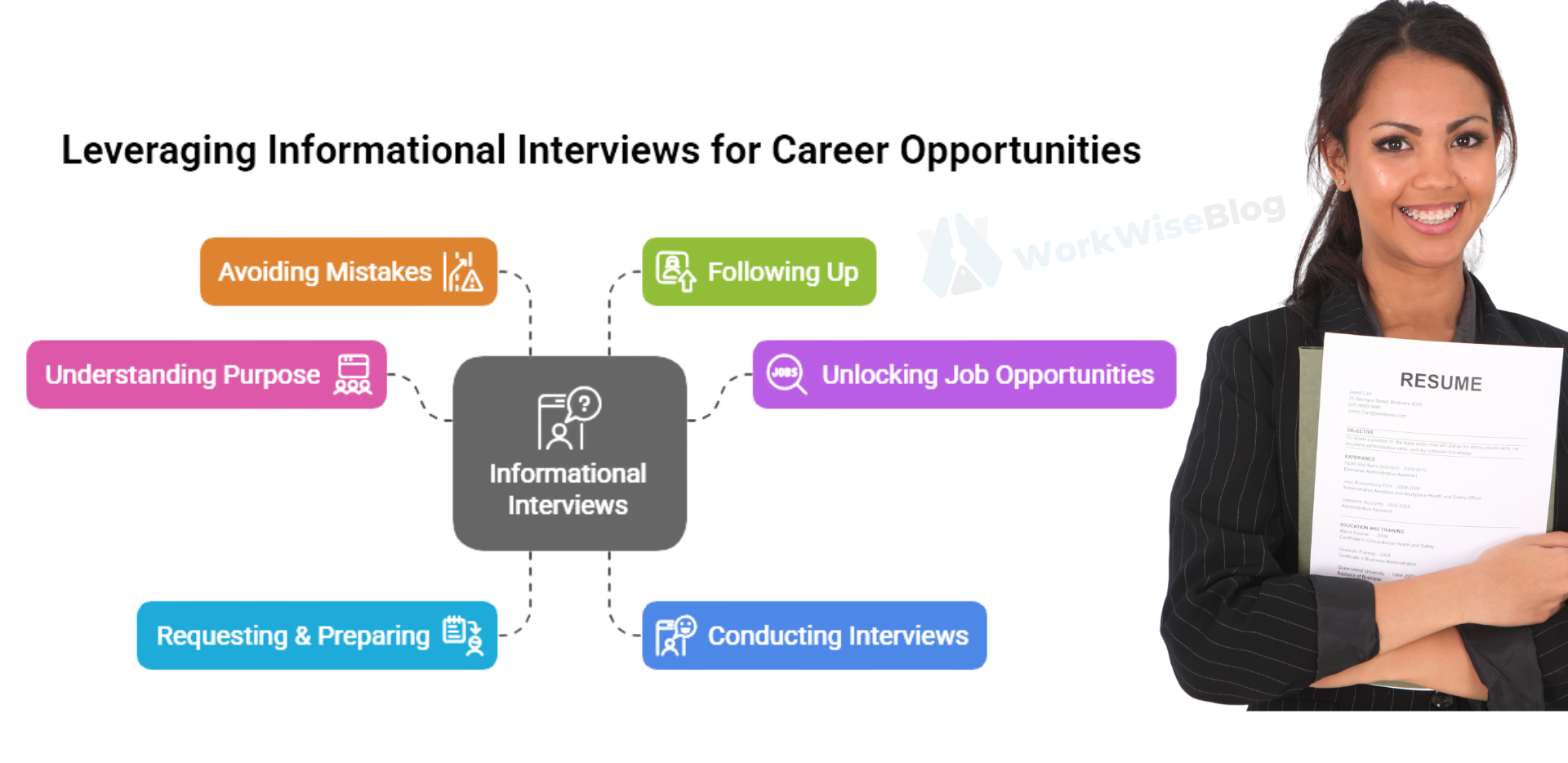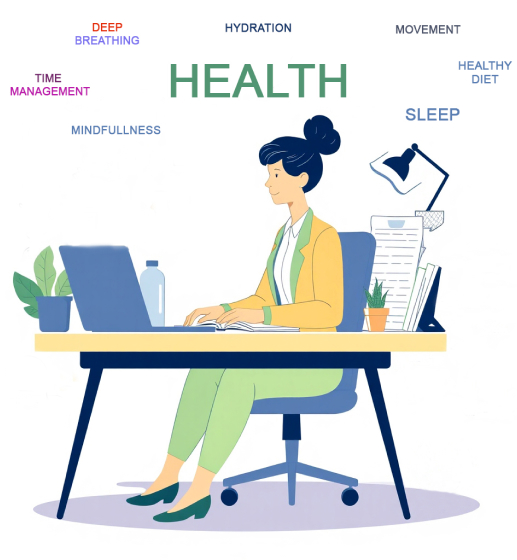
Tip 1: Check in with yourself.
Begin by posing some questions to yourself:
- Do I constantly consume nutritious meals?
- Do I exercise every day in some way?
- How frequently do I feel overburdened or stressed?
In case of a doubt, try tracking for one week. Write down everything you have eaten, the level of physical activity, and how you felt at the time. Such self-monitoring may help you recognize specific domains that could be adjusted, and not too much, for more effect.

Tip 2: Increase Your Movement Without Modifying Your Schedule
You don’t have to work out for hours. Throughout the day, even little moves can have a big impact.
Here are a few simple suggestions:
- Instead of using the elevator, use the steps.
- During lunch or breaks, take a quick stroll.
- Spend a few minutes stretching at your workstation.
For instance, some people hold “walking meetings” where they talk about their jobs while out for a walk. It helps you decompress and is beneficial to your health.

Tip 3: Develop a Healthy Diet Easy
It’s not difficult to eat better. Begin by making minor adjustments:
- Reach for fruit or nuts rather than chips.
- Water is a better option than sugary drinks.
- To avoid being lured by fast food, plan your meals.
Consider food as your body’s fuel. You have more energy to manage your hectic day when you eat a healthier diet.

Tip 4: Make Sleep a Priority
Although it may seem like you may do more by skipping sleep, the contrary is true. Sleep keeps you alert and aids in brain recharge.
Here is what you need to do to sleep better:
- Every night, you should go to bed at the same hour.
- Stay away from screens (like TVs, and phones) shortly before bedtime.
There isn’t a need for additional information here. It has already been established. Even sleeping 7-8 alone hours at night can be impactful for one’s mood and productivity.
Tip 5: Effectively Handle Stress
Everyone experiences stress, but you don’t have to let it rule you. Try these suggestions:
- When you’re feeling overwhelmed, take deep breaths.
- Sit quietly or meditate for five minutes.
- Every day, list three things for which you are thankful.
Consider tension as a balloon. It won’t pop if you sometimes release a little air.
Tip 6: Clearly Define Your Work-Life Limits
It’s critical to know when to stop working. It enables you to rejuvenate and relish your leisure time. Try these suggestions:
- After hours, turn off work notifications.
- Choose a concrete cutoff for your workday, such as 6 PM for instance.
- When not at work, pursue different interests like hobbies and hanging out with family and friends.
For instance, Sheryl Sandberg, a Facebook executive, allowed herself to leave her workplace at 5:30 PM and go home to her children.
Tip 7: Stay on Course with Technology
Even if you’re busy, you may develop healthy habits with the aid of apps and technologies.
- To keep track of your workouts or steps, use fitness applications.
- Make a note to stretch or drink water.
- If you are unable to visit a gym, consider taking exercise lessons online.
You can continue working toward your objectives with these little tools.
Tip 8: Seek Out Assistance from Others
You’re in good company. Discuss your health goals with friends, family, or work colleagues. It is easier to remain motivated if there is someone to back you.
Entrepreneur Richard Branson, for instance, frequently works out with pals. He claims it keeps him alert and motivated.
Tip 9: Rejoice in Your Victories
Check your progress once a month.
- Have you improved your diet?
- Getting more sleep?
- Do you feel less anxious?
Honor even the smallest accomplishments, such as increasing your water intake or going on daily walks. If necessary, modify your objectives, but don’t stress over perfection. Everything comes down to progress!
Tip 10: Schedule Time for Yourself
If you take work meetings, schedule time for you as well. Block time in your calendar for hobbies that bring you happiness, for example, reading, exercising, or taking a break. Spend 20 minutes per day doing something you like. Make this time so fundamental and untouchable.
Tip 11: Stay Hydrated
Drinking enough water keeps your energy up and helps you focus. It’s a small change that makes a big difference. Keep a reusable water bottle at your desk. Challenge yourself to finish it twice during the workday. Swap sugary drinks for water to cut calories and stay hydrated.
Tip 12: Breathe Mindfully
Whenever you feel burdened with a lot of work, try taking a minute and doing a breathing exercise for a moment. It helps relieve stress and cools your mind. This is simple. Inhale for four seconds, then pause for four seconds and exhale for four seconds. Try doing it multiple times and feel the change in your stress levels.
Tip 13: Maintain Order on Your Desk
When working under pressure, do a reverse countdown and try to stay untangled from the noise. It’s crucial to do this in your mind no matter how anxious the situation is, clean your desk for a couple of minutes, and put yourself at ease. Decorate with a flower, family picture, or something that pleases you. If you look at a comfortable desk, it is quite easy to concentrate.
Tip 14: Maintain Regular Intervals of Action
It’s obvious sitting for long hours without physical action is bad for health and also for output quality. It is medically proven that working for an hour minimum, with a short break of 5 to 10 minutes, is very effective. In a break, stretch a bit, walk around, or go outside for some time. The brief stops can help in regenerating energy and also the focus.
Tip 15: Understand the Power of No
It is important, at times, to refrain from saying yes too many times, especially in a workplace setting, since it can lead to an even faster epidemic of burnout. This is the most vital point – knowing how and when to say no. If the task is not within your scope and cannot stem from your headphones, politely clarify and give a more appropriate deadline. Managing one’s time aids in efficiency.
Conclusion
Your life, job, and mood all become easier when you’re in good health. Begin modestly. Perhaps take a short stroll, drink more water, or go to bed early tonight. keep in mind that “a healthy outside begins from the inside.” If you look after yourself, everything else will work itself out.
FAQs
Make a realistic assessment of work hours, determine priority areas, assign objectives to others, use scheduling techniques, and remember to warm up and cool down the body.
Follow your core ambitions, wield time effectively, enforce personal limits, take pleasure in what you do, connect with family and friends, and maintain both physical and psychological well-being.
Create specific work and home zones, have a fixed timetable, exercise regularly, eat balanced meals, keep in touch with family and friends, and set limits on computer usage.
Incorporate different varieties of fruits and vegetables into one’s diet, add high-fiber starchy foods into the diet, eat foods that contain dairy or its substitutes, and don’t ignore good nutrition as an approach to health.


